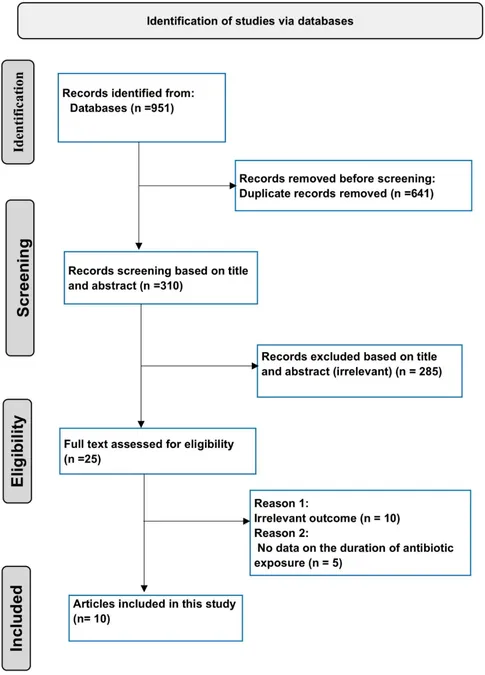
New Findings on Antibiotic Use and Sepsis in Preterm Infants: What Parents Need to Know
2025-04-18
Author: Daniel
Understanding the Link Between Antibiotics and Late-Onset Sepsis
A recent comprehensive study has shed light on the impact of early antibiotic exposure on preterm infants and its possible connection to late-onset sepsis (LOS). This research, which conducted a systematic review and meta-analysis of existing studies, aimed to clarify the unclear relationship between antibiotic use and the risk of sepsis in vulnerable infants.
The Study: Methods and Results
Utilizing robust databases like PubMed and Scopus, researchers analyzed data from ten studies with over 55,000 preterm infants. The analysis looked specifically at early antibiotic exposure and compared outcomes between those receiving antibiotics and those that didn't. The findings? Prolonged antibiotic exposure did not significantly elevate the risk of LOS, with a pooled adjusted odds ratio (aOR) of 1.2—indicating that the risk is almost equivalent to non-exposure.
Interestingly, for preterm infants who were briefly exposed to antibiotics, a slight reduction in the risk of developing LOS was observed. This could suggest that shorter durations may be a safer option.
Is Prolonged Antibiotic Use Beneficial or Harmful?
The persistent use of antibiotics in neonatal intensive care units (NICUs) has raised concerns. It's common practice to administer antibiotics to preterm infants as a preventive measure against infections, but studies have shown this can disrupt the beneficial gut microbiome, leading to complications like necrotizing enterocolitis and even increased mortality rates.
With a staggering 92% of preterm infants receiving antibiotics globally, the implications of this study are vast. It highlights the necessity for healthcare providers to be cautious and consider the timing and duration of antibiotic treatments.
Clinical Implications: What This Means for Caregivers
For caregivers, the results of this study are crucial. They underline the importance of balancing the need for antibiotics to prevent infections against the potential risks associated with overuse. As antibiotic resistance continues to be a growing concern, understanding the nuanced role of these medications in preterm infant care is more vital than ever.
Future Directions: Research on Infant Health
Researchers emphasize the need for future studies to include larger, more diverse populations with standardized definitions of antibiotic exposure. As the medical community strives for better health outcomes in neonates, insights from such research could reshape clinical guidelines, ultimately improving survival and health among the most vulnerable patients.
Conclusion: A Push for More Informed Decisions
In conclusion, while early antibiotic exposure is a common practice among preterm infants, the findings from this meta-analysis suggest that prolonged use may not be necessary for preventing late-onset sepsis. Instead, shorter exposures might be associated with a better outcome. This study serves as a crucial reminder for healthcare providers and parents alike to navigate the complexities of antibiotic use in nurturing our youngest populations.






 Brasil (PT)
Brasil (PT)
 Canada (EN)
Canada (EN)
 Chile (ES)
Chile (ES)
 Česko (CS)
Česko (CS)
 대한민국 (KO)
대한민국 (KO)
 España (ES)
España (ES)
 France (FR)
France (FR)
 Hong Kong (EN)
Hong Kong (EN)
 Italia (IT)
Italia (IT)
 日本 (JA)
日本 (JA)
 Magyarország (HU)
Magyarország (HU)
 Norge (NO)
Norge (NO)
 Polska (PL)
Polska (PL)
 Schweiz (DE)
Schweiz (DE)
 Singapore (EN)
Singapore (EN)
 Sverige (SV)
Sverige (SV)
 Suomi (FI)
Suomi (FI)
 Türkiye (TR)
Türkiye (TR)
 الإمارات العربية المتحدة (AR)
الإمارات العربية المتحدة (AR)